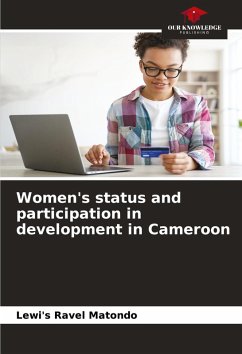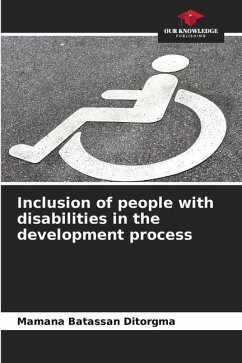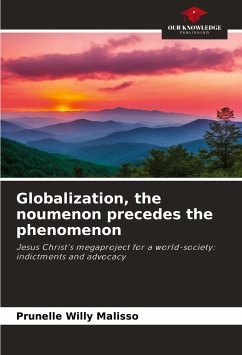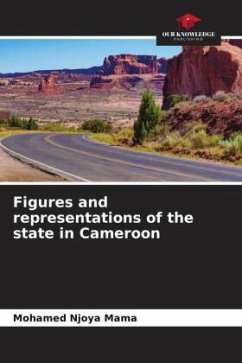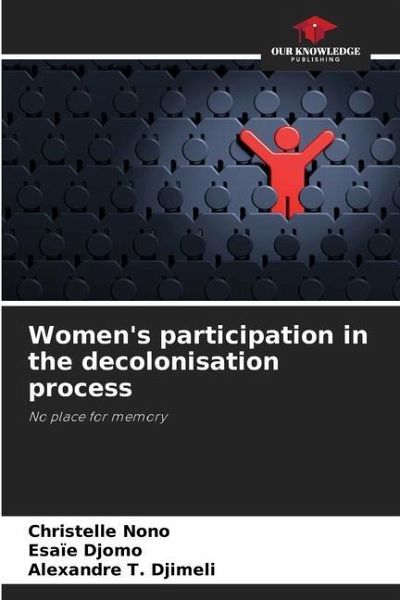
Women's participation in the decolonisation process
No place for memory
Versandkostenfrei!
Versandfertig in 6-10 Tagen
33,99 €
inkl. MwSt.

PAYBACK Punkte
17 °P sammeln!
In Cameroon, the collective memory is reinforced in its representations by a legal-political system which means that only men are magnified and almost canonised for their actions in the struggle for independence. This system is a real handicap for the social and political integration of women. Given our social context, women lack the reference points and motivation to engage fully in political struggles. Despite the efforts made in this respect, there is a meagre presence of women in politics. This under-representation dates back to the years before independence. In fact, colonial governance, ...
In Cameroon, the collective memory is reinforced in its representations by a legal-political system which means that only men are magnified and almost canonised for their actions in the struggle for independence. This system is a real handicap for the social and political integration of women. Given our social context, women lack the reference points and motivation to engage fully in political struggles. Despite the efforts made in this respect, there is a meagre presence of women in politics. This under-representation dates back to the years before independence. In fact, colonial governance, which can be seen today in the regulatory acts, injunction documents, letters and other reports produced at that time, laid the foundations for the construction of a certain subalternisation of women in the public sphere. These texts highlight the socio-political and economic dynamics of the various social actors. Thus, it can be said that the absence of women among the national heroes is justified by their systematic exclusion from the public sphere by the French colonial administrators in Cameroon in the 1950s.




